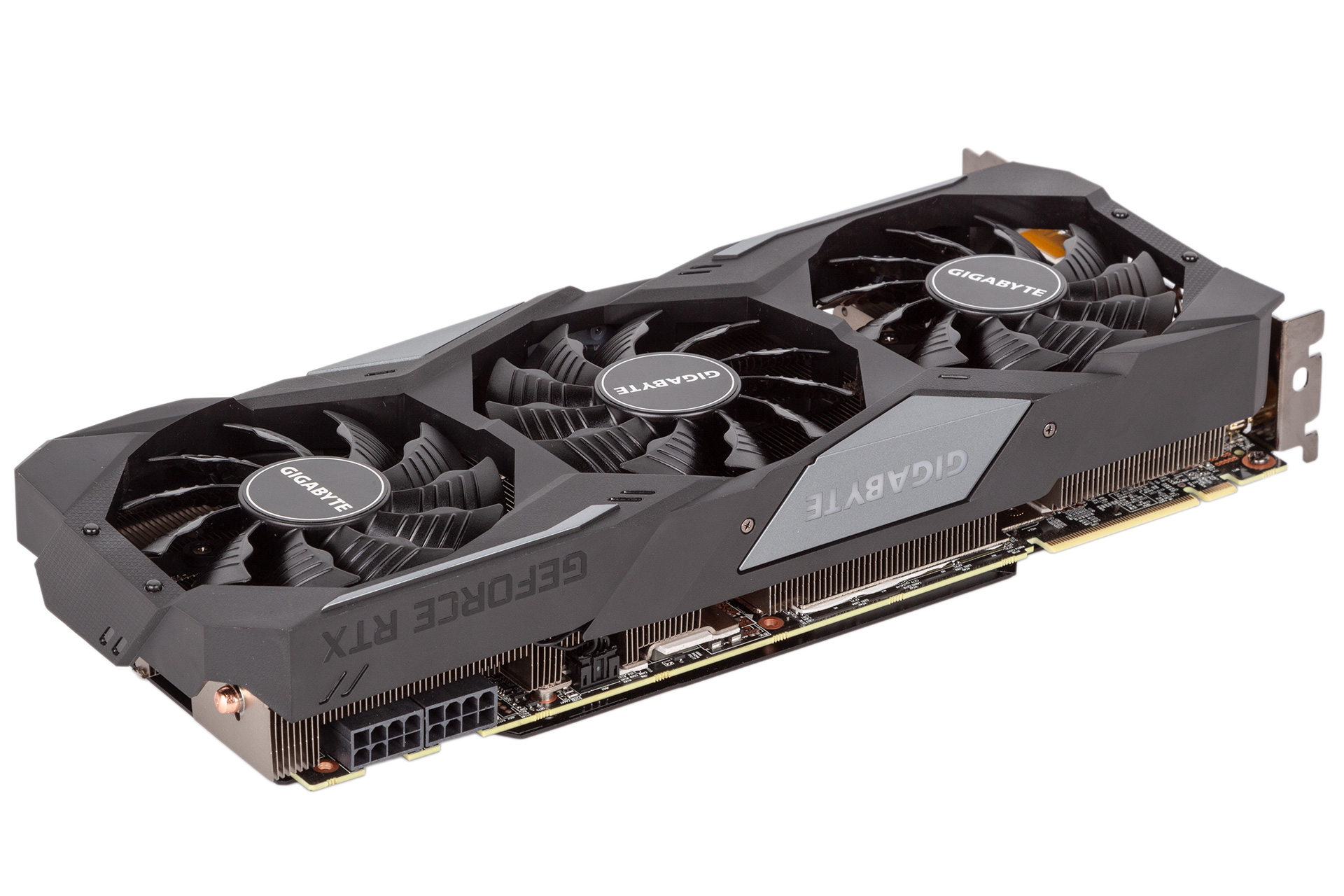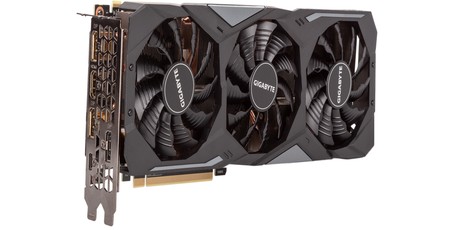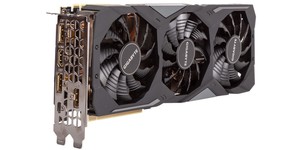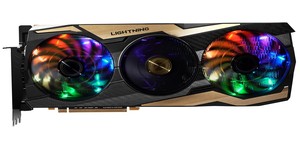Performance Analysis
Sometimes marginally faster than the Founders Edition and sometimes marginally slower, the Gigabyte GeForce RTX 2080 Ti Gaming OC is in effect the same as the FE when it comes to performance. Remember, Nvidia is now applying decent overclocks to its FE cards rather than leaving them at reference speeds, and we’ve pointed out before that this is bound to apply pressure to board partners. Sadly, the built-in OC Mode is pretty much worthless and makes no tangible difference to performance or power consumption. We’re not sure why the card doesn’t just ship at this slightly higher speed and be done with it.
The Zotac Amp Edition card we tested remains the fastest in the charts, then, but the same general points can be made about all three. The RTX 2080 Ti is simply as good as it gets right now, offering proper full-detail 4K gaming that’s about 25 percent faster than the GTX 1080 Ti in traditional workloads. It also has the potential to widen this gap with techniques like DLSS and ray tracing via the Tensor and RT cores respectively, but until a variety of games emerges with these features enabled, we can’t really assess the impact of these technologies beyond the initial DLSS outing in a canned demo, which was at least very promising.

Power consumption is – unsurprisingly – right in line with the FE as well. One area where Gigabyte wins, though, is in cooling, as the beefy cooler allows it to shave 7°C off the FE temperature while simultaneously remaining quieter: a win win.
We boosted performance by 7-10 percent in games and benchmarks with our overclocking efforts. The card was comfortably running at about 1,850MHz, and while power consumption did go up quite significantly, it was more efficient than the Founders Edition and Zotac cards when they were also overclocked. Thankfully, the fans only span slightly faster to compensate, and the temperature similarly only went up by 3°C.
Conclusion
The advantages this card holds over the Founders Edition are fairly limited. Performance and power consumption are the same, and there are no special features or PCB upgrades to speak of. It’s pretty much a reference PCB with a different cooler slapped on. That’s not a problem in and of itself, but next to a same-price Founders Edition it may struggle to win fans on account of how premium the design of the FE looks and feels. Yes, the card is quieter and cooler than the FE, but it’s also larger on every dimension and nowhere near as well built. The RGB lighting is also limited in scope, but it is technically a feature bump over the FE.

The GTX 2080 Ti Gaming OC is a fairly unexciting graphics card, which is a bad thing to be given the £1,100 asking price. The Founders Edition may lose out from a pure numbers standpoint, but it still feels like the more premium card. That said, many may prefer the design here, and the superior cooling can't be argued with. Let's also not forget the sheer power of the RTX 2080 Ti; this is a beast of a card whichever way you look at it. There's nothing here to prevent us recommending this card if it takes your fancy, hence the badge below, but potential buyers may prefer to wait (and with current stock levels they will have to) until proper custom designs are out before pulling the trigger. You also definitely should not be paying more than the official MSRP of £1,100, because then you really should just be buying the FE card instead. Or a car.


MSI MPG Velox 100R Chassis Review
October 14 2021 | 15:04









Want to comment? Please log in.